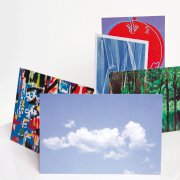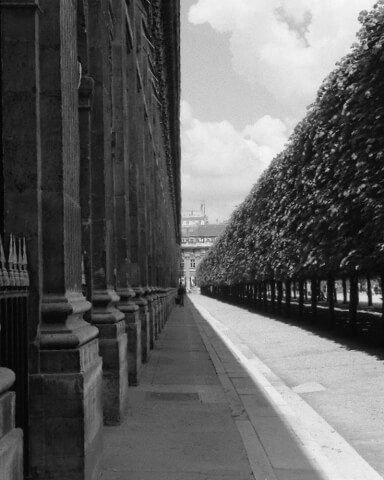Sparkling pleasure, not only on festive days
The elegant glasses or bowls, the discreet sound of opening the bottle, the rising perlage of the champagne … unmistakable signs of a festive day. But life is short and it would be far too bad to enjoy champagne only on festive days.
“I could not live without Champagne – in victory I deserve it, in defeat I need it” Winston Churchill.
Even if Winston Churchill’s aristocratic origins and his fame as a former British prime minister do not suggest it: Churchill’s biographers report that he often had financial difficulties in his life and sometimes found it very difficult to pay his champagne bills. Obviously, he believed that champagne is a comforting and invigorating elixir in all circumstances.
It would be much too bad to reserve champagne for big festivities or to enjoy it only as an aperitif.
Festive days are usually associated with great expectations and all kinds of culinary delights are often served up. However, festive events are not infrequently also associated with stress and leave little peace and leisure to actually enjoy the champagne. That’s why we recommend opening the champagne bottle, especially on ordinary days, to honor a beautiful everyday experience or to swallow a defeat in style.
In addition, champagne has the great advantage that most people have a clear head the next day.
Connoisseurs enjoy champagne not only as an aperitif
Tastings of vintage champagne with a corresponding menu are sold out in London. For with the exception of extremely hot, spicy dishes or very expressive cheeses that drown out the subtle flavor of Champagne, there is hardly any food that does not benefit from Champagne. In a larger group, you also have the advantage of tasting different types of champagne during the course of the menu.
How do I find my favorite champagne?
The proportion of the three main grape varieties Chardonnay, Pinot Noir and Meunier in the respective champagne as well as the dosage determine the characteristics of the respective champagne. In addition, there is the location of the vineyards, the skill of the cellar master and the important question of whether the champagne in question is a mix of a wide variety of grape supplies, as is essential for many major champagne brands for which millions of bottles have to be filled.
It is worth looking for a champagne that comes from the cellars of a winemaker or a champagne house that attaches importance to the distinctiveness of its champagne.
There is only one way to discover your individual favorite champagne: try it. Taste. Taste. Blind tasting often yields the most reliable results. Without reference to the brand, we rely solely on our individual tastes and this often leads to amazing results.
What does Dosage mean?
Depending on the taste or accompanying dish, it is worth looking at the label for the dosage information. The dosage provides information about the amount of sugar added to the respective champagne:
Doux (mild) more than 50 grams of sugar per liter
Demi-sec (semi-dry) 32 -50 grams of sugar per liter
Sec (dry) 17 – 32 grams of sugar per liter
Extra dry (very dry) 12 – 17 grams of sugar per liter
Brut (tart) less than 12 grams of sugar per liter
Extra brut (very tart) 0 – 6 grams of sugar per liter
People often prefer a certain dosage for the pure enjoyment of champagne. Which dosage do you prefer?





